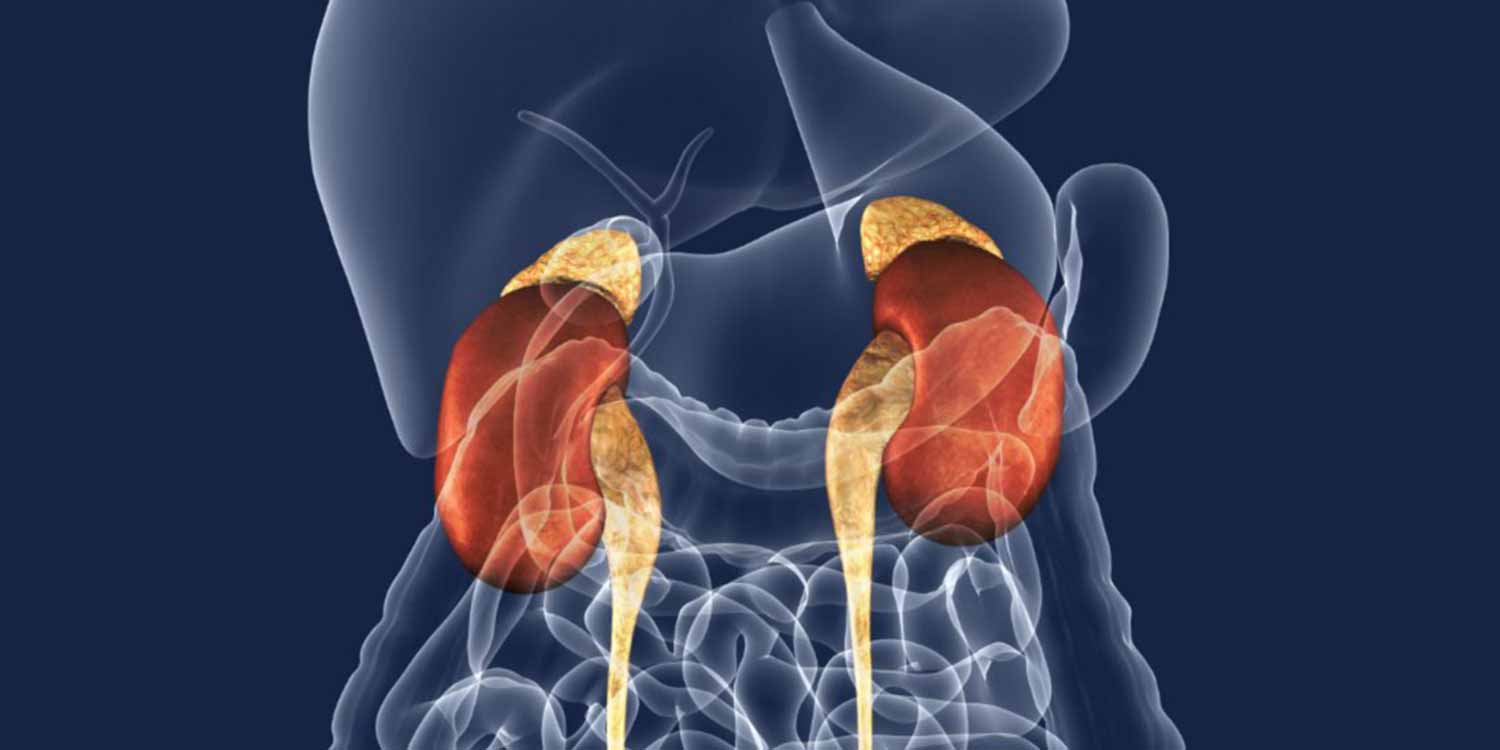Adrenal insufficiency or Addison’s Disease is a very rare endocrine disorder. It occurs when the adrenal glands cannot produce sufficient cortisol and aldosterone. Adrenal insufficiency has a primary and secondary form.
What is the cause of adrenal insufficiency?
Adrenal insufficiency is usually due to autoimmune disorders that may affect adrenal function, and is more rarely due to chronic infections such as tuberculosis or fungal infections, or non-activation of the adrenal glands by the pituitary gland.
What are the symptoms of adrenal insufficiency?
Adrenal insufficiency manifests itself in different ways and its symptoms are determined by the rate of adrenal damage and the severity of the condition. Children suffer from anorexia, weight loss, weakness, easy fatigue, dizziness, fainting, hypoglycaemia and nervousness or depression.
How is adrenal insufficiency diagnosed?
The endocrinologist takes a detailed history of the individual and family. Diagnosis is based on a clinical examination and laboratory testing of:
- Levels of glucose, Na+ and K+
- Urine
- Cortisol levels and ACTH
- Adrenal antibodies
- Stimulation test.
How is adrenal insufficiency treated?
Treatment essentially aims to replenish the missing hormones. Because treatment lasts for a lifetime, it is very important that the child be monitored by an endocrinologist in order to adjust the dose according to the age of the child and the life situations (intense stress) being experienced.

